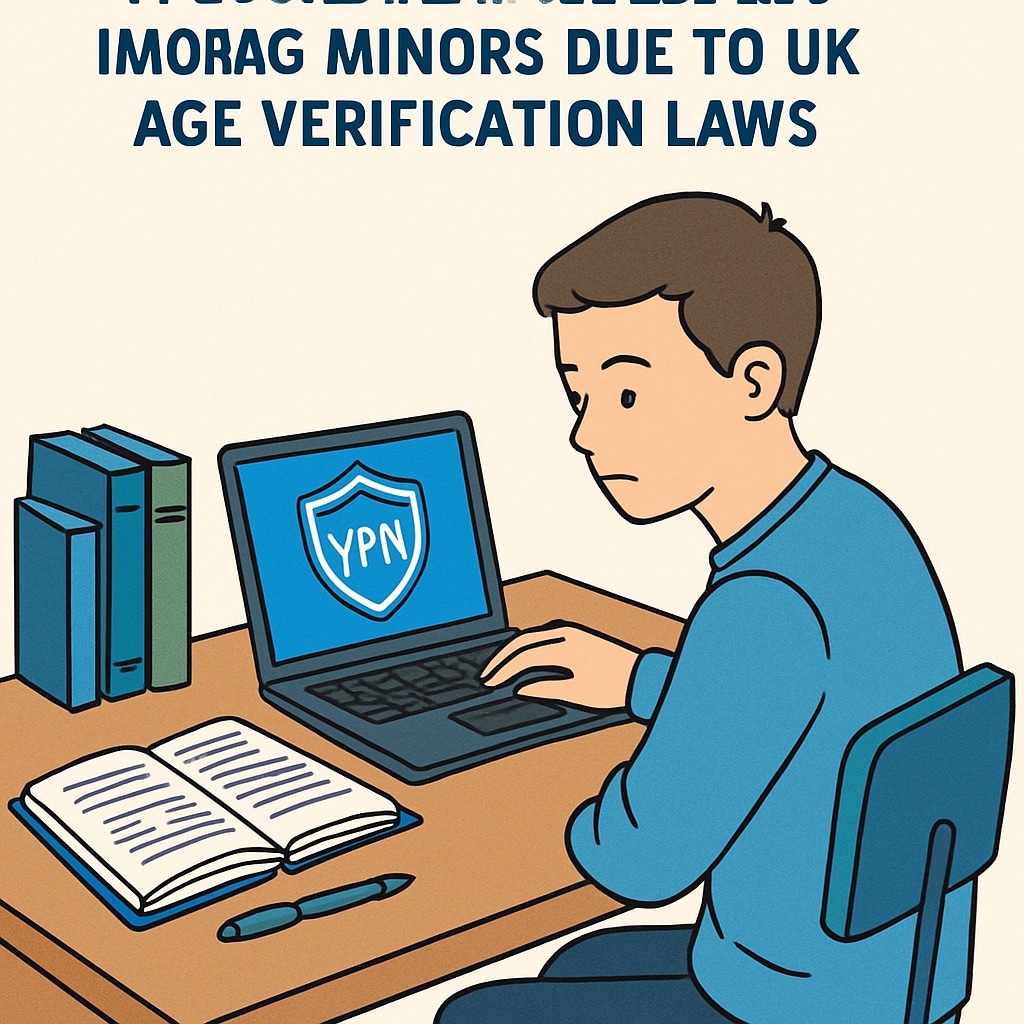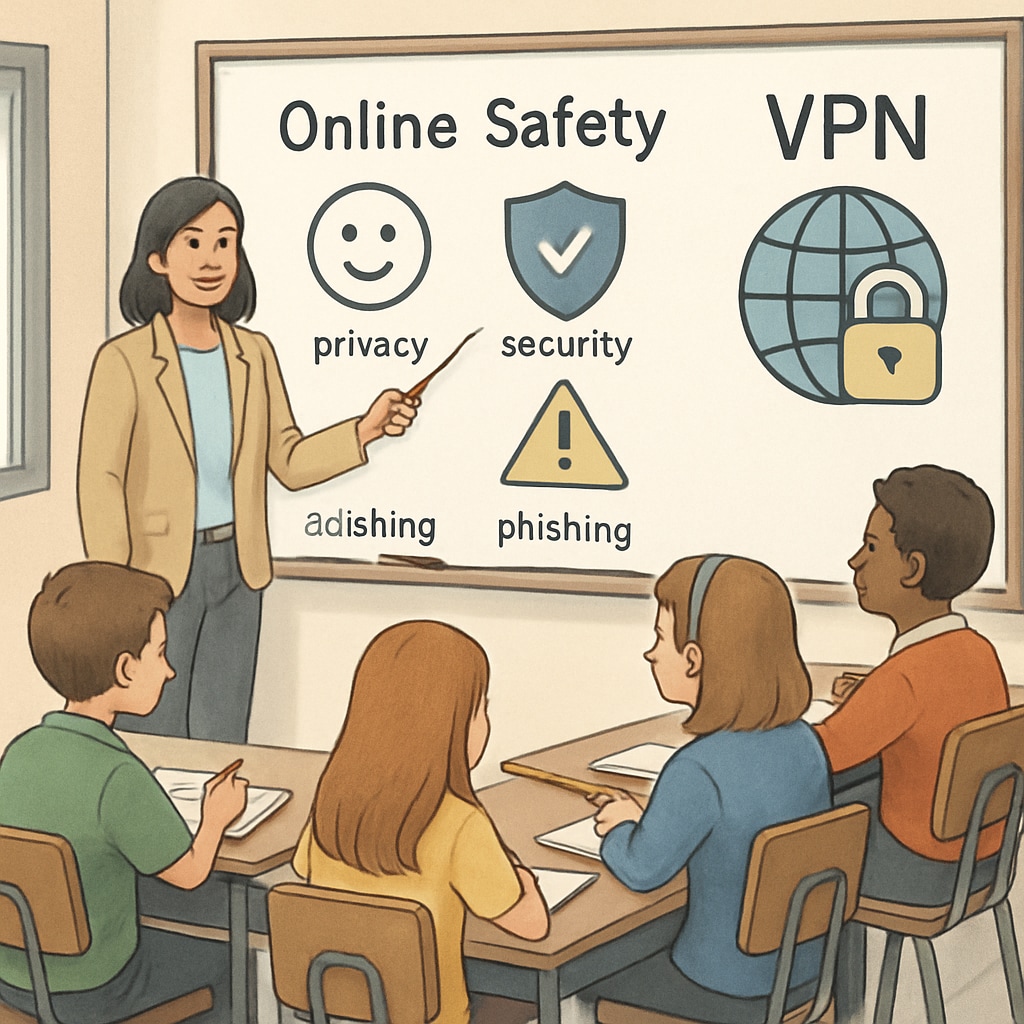The introduction of the UK’s age verification law has had an unforeseen consequence: a significant rise in VPN (Virtual Private Network) usage. While the legislation aims to protect minors from accessing adult content, it has inadvertently prompted many to bypass these restrictions using VPNs. This phenomenon sheds light on critical gaps in digital citizenship education, particularly for K12 students. How can educators foster responsible online behavior while ensuring digital safety?

Understanding the UK’s Age Verification Law
The UK’s age verification law, implemented to regulate access to adult websites, requires users to verify their age using official documentation or third-party services. Its primary goal is to shield minors from inappropriate content. However, this well-intentioned measure has faced criticism for privacy concerns and practical challenges.
One unintended consequence is the sharp increase in VPN usage. A VPN allows users to mask their location and bypass regional restrictions, effectively negating the age verification protocols. While VPNs offer legitimate benefits, such as enhanced privacy and security, their misuse by underage users raises alarms.
The Surge in VPN Usage: Implications for Digital Literacy
The rise in VPN usage among minors reveals a critical gap in digital literacy education. Many K12 students are adept at navigating technology but lack the understanding of its ethical and legal implications. For example, while using a VPN may seem like a simple workaround, it can expose users to risks such as data breaches or malware from insecure servers.
This highlights the importance of integrating digital citizenship into school curricula. Students should learn not only how to use technology but also how to do so responsibly. Key topics include:
- Understanding online privacy and security.
- The ethical considerations of bypassing restrictions.
- Evaluating the credibility of online tools and resources.

Balancing Protection and Education
While legislation like the UK’s age verification law is necessary to protect vulnerable groups, it should be complemented by robust educational initiatives. Policymakers and educators must work together to address the root causes of risky online behavior. For instance, instead of solely focusing on blocking access, schools could provide workshops on critical thinking and digital ethics.
Moreover, parents play a crucial role. Open communication about internet usage and setting boundaries can reinforce the lessons taught in schools. Collaborative efforts between educators, parents, and policymakers are essential for fostering a safer online environment.
Looking Ahead: The Role of Schools in Shaping Digital Citizens
As technology continues to evolve, so do the challenges of navigating the digital world. Schools must take a proactive role in preparing students for these complexities. Incorporating topics such as VPN usage, online privacy, and cyber hygiene into the curriculum can empower students to make informed decisions.
Ultimately, the goal is not just to enforce rules but to cultivate a generation of responsible digital citizens. By addressing the root causes of risky online behavior and promoting a culture of accountability, we can create a safer and more ethical digital landscape for future generations.
Readability guidance: This article uses concise paragraphs, bullet points for clarity, and a balance of active voice. Overarching concepts are explained in simple terms to ensure accessibility for a wide audience.


